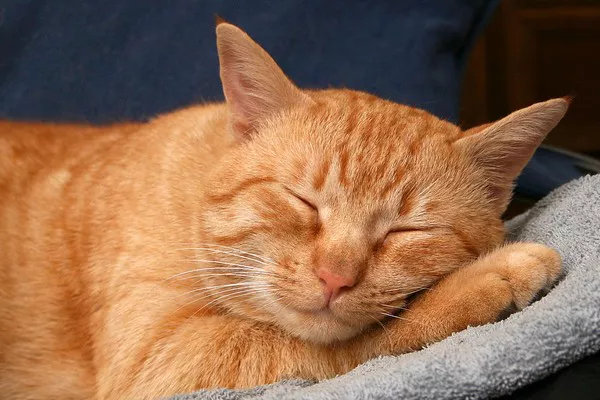Bearded dragons, known for their docile nature and diverse diet, are popular reptilian pets. As responsible caretakers, understanding their dietary requirements is crucial. The query, “can bearded dragons eat grapes,” often arises among reptile enthusiasts. While these creatures have an omnivorous palate, certain foods can either be beneficial or harmful to their health.
Exploring Bearded Dragons’ Diet
Can bearded dragons eat grapes? This question is one that frequently circulates in discussions about these reptiles‘ dietary needs. Bearded dragons are omnivores, meaning they consume a variety of insects, vegetables, and fruits. Their diet in the wild predominantly comprises insects, leafy greens, and some occasional fruits. When considering introducing new foods into a bearded dragon’s diet, it’s crucial to examine the nutritional value and potential impacts.
The Nutritional Value of Grapes for Bearded Dragons
Can bearded dragons eat grapes without any consequences? Grapes are a sweet and juicy fruit packed with nutrients. They contain vitamins such as A, C, and K, as well as essential minerals like potassium and antioxidants. However, while grapes offer some nutritional benefits, they also possess high sugar content. This high sugar concentration might not align with the ideal dietary requirements of bearded dragons.
Understanding Portion Control
How many grapes can a bearded dragon eat? While grapes might seem like a healthy treat, moderation is key. Due to their high sugar content, feeding grapes to your bearded dragon should be limited. Offering grapes occasionally as a small part of a varied diet can be acceptable, but excess intake may lead to health issues such as obesity or digestive problems.
Risks Associated with Grape Consumption
Can bearded dragons eat grapes without encountering risks? Despite being nutritious, grapes pose potential hazards for these reptiles. The high sugar content can lead to health complications, such as obesity, diabetes, or digestive issues. Moreover, grape seeds can be a choking hazard or cause digestive blockages in bearded dragons, making it essential to remove seeds before feeding.
Variety in Bearded Dragon Diet
Bearded dragons thrive on diversity in their diet. While a small amount of fruit can be offered occasionally, the primary focus should remain on insects and leafy greens. Insects like crickets, roaches, and mealworms offer essential proteins and can comprise the main part of their diet. Leafy greens such as collard greens, mustard greens, and dandelion greens are rich in nutrients and should be a staple in their daily meals.
Alternative Fruits for Bearded Dragons
What fruit is toxic to bearded dragons? Alongside grapes, certain fruits should be avoided due to their toxicity or potential harm. Avocado and rhubarb are examples of fruits that are toxic to bearded dragons. If you wish to offer fruits besides grapes, safe options include blueberries, raspberries, or slices of strawberries in moderation.
Introducing New Foods Safely
When considering diversifying your bearded dragon’s diet, introduce new foods gradually. This applies to fruits like grapes as well. Start by offering a tiny piece and observe their reaction and digestive response.
If there are no adverse effects, you can slowly increase the quantity but always in moderation.
Signs of Dietary Issues in Bearded Dragons
Observing your bearded dragon’s behavior and physical condition is crucial. Changes in appetite, irregular bowel movements, lethargy, or signs of distress can indicate dietary issues. If you notice any such changes after feeding grapes or any other new food, it’s advisable to consult a reptile veterinarian.
Conclusion
Can bearded dragons eat grapes? While grapes offer some nutritional value, their high sugar content and potential risks make them a treat that should be offered in moderation. As responsible pet owners, ensuring a balanced and varied diet is key to the health and well-being of bearded dragons. Prioritizing insects, leafy greens, and offering fruits sparingly, while monitoring their response, is the best approach to maintaining a healthy diet for these beloved reptiles.
Related Topics:
Do Bearded Dragons Need to Be Sprayed? How Often?
Can Bearded Dragons Eat Carrots? Your Go-To Guide
What Not to Feed Bearded Dragons: 10 Things to Avoid


























